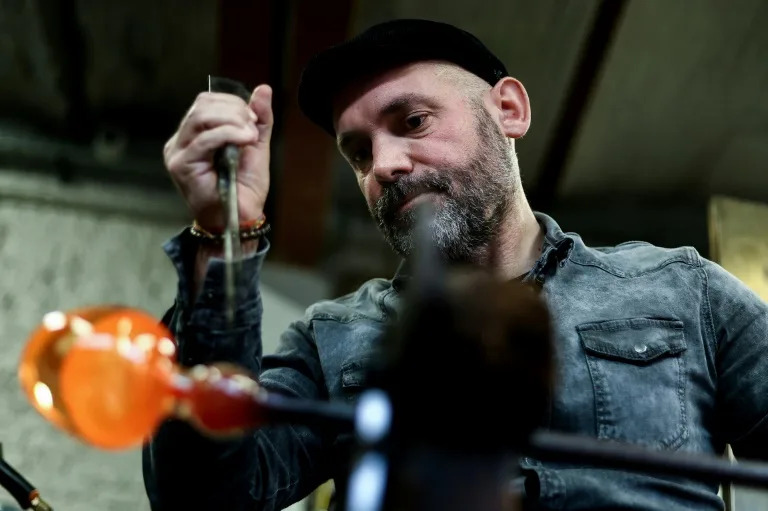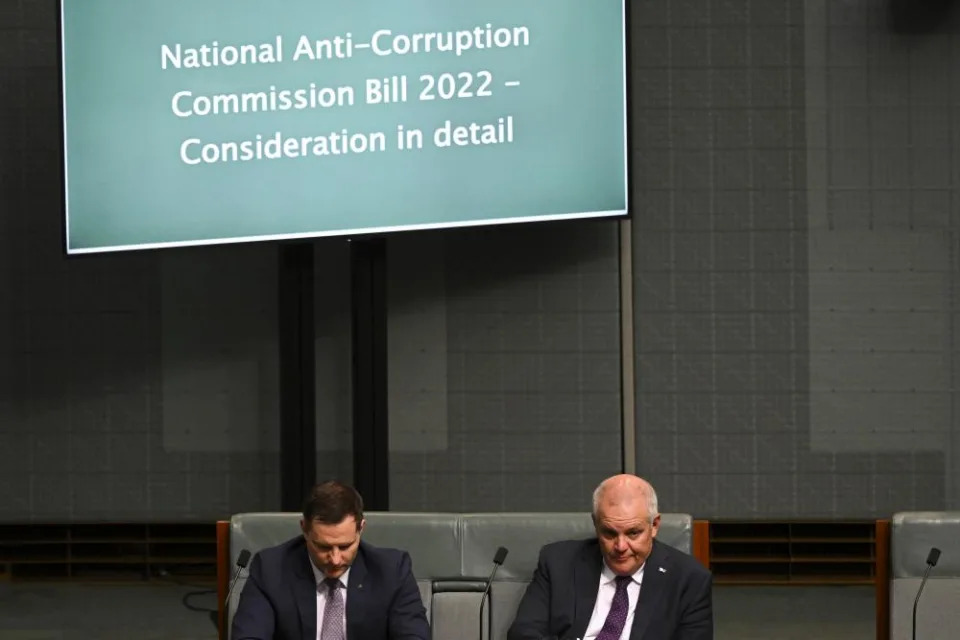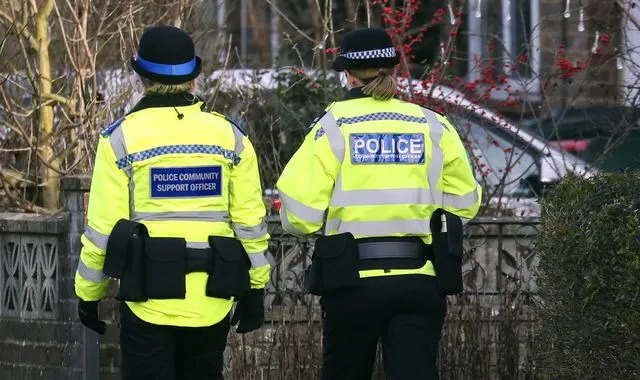LET TEENAGE GENIUS FREE
Girl inspired by asthmatic mother to create air filter backpack wins competitionImy Brighty-Potts, PA
Sun, 29 January 2023
A schoolgirl, inspired by her asthmatic mother, has won a national innovation competition by designing a backpack that filters air to protect people from airborne hazards.
Eleanor Woods, from High Burton, Huddersfield, entered the Backpack To The Future competition after her mother, who suffers from asthma, put the application form in her room where she drew up her winning design.
“I have an air filter at home because my mum has mild asthma,” Eleanor told the PA news agency.
Powered by green energy from solar power and a dynamo, a machine that converts mechanical energy into electrical energy, the backpack’s built-in filter and fans clean polluted air nearby.

Eleanor Woods is from High Burton, Huddersfield (Matt Alexander/PA)
“My Breathe Better Backpack is all about keeping my friends, family and classmates safe using an air filter.
“It looks cool, will help get kids outside and fights off colds,” she said while holding her original design.
“The first thing that came to mind when it came to the design is that blue is one of my favourite colours and blue feels clean and the bubbles on the outside have a clean theme for breathing.”
Getting much closer to her mum during lockdown and the ongoing pandemic gave the 12-year-old food for thought.
“We have just had a pandemic and this backpack could help prevent another one from happening with the air filters,” Eleanor said.

The young designer is acutely aware of pollution as she lives on a main road (Matt Alexander/PA)
“My generation is really aware of pollution and we have lessons on it at school along with diseases spreading, and this is another reason I designed this, because it is getting much worse.”
Similarly, the young designer is acutely aware of pollution, as she lives on a main road.
“I walk to school, next to the road, and can taste the petrol when buses come through,” she said.
Meanwhile, she hopes the impact of her backpack will be far-reaching, saying: “If just a few people start using it, it could be really good for the planet.
“Greta Thunberg is a really big role model for me.”

Eleanor said climate activist Greta Thunberg is a big role model for her (Matt Alexander/PA)
The Backpack To the Future competition is a partnership between the Institution of Engineering and Technology and fashion brand Hype, aiming to challenge children to invent a backpack that helps them do incredible things.
It was launched to change perceptions, encourage more diversity within engineering and to show children how they could combine an interest in fashion with a career in science, technology, engineering or maths.
In the future, Eleanor hopes to enter the world of creative design, while she is also eager to get into teaching.
When they found out she had won, Eleanor’s mother, Annabel Hobbs, 58, said she was “squealing” adding “I can’t believe she drew something and now we actually get to see it.”
Eleanor was presented with her winning design in London this weekend and has had to keep her news a secret.
“I’m most excited to tell my grandparents, I think they will be really excited and would love to see it,” Eleanor said.








